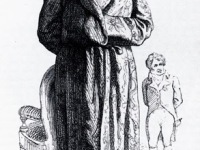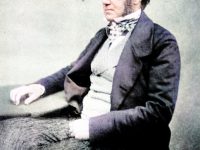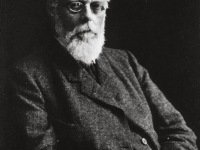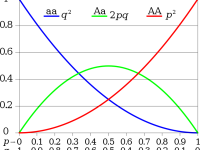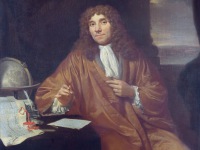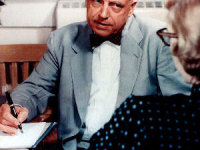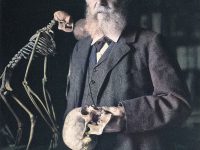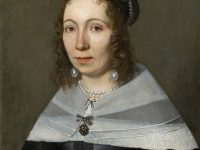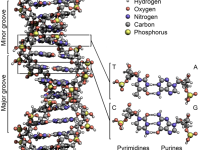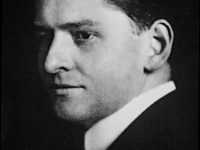The Great Paris Academic Dispute of 1830
On February 15, 1830, the famous Paris Academy Dispute between the naturalists Étienne Geoffroy Saint-Hilaire and George Cuvier [5] about the possibility of biological evolution began with a speech of Saint-Hillaire comparing vertebrates with mollusces. Within eight public debates the scientists argued about the possibility that nature not necessarily has to be static but might be subject to constant change. It was the most prominent scientific debate in the 19th century that heavily influenced science…
Read more

